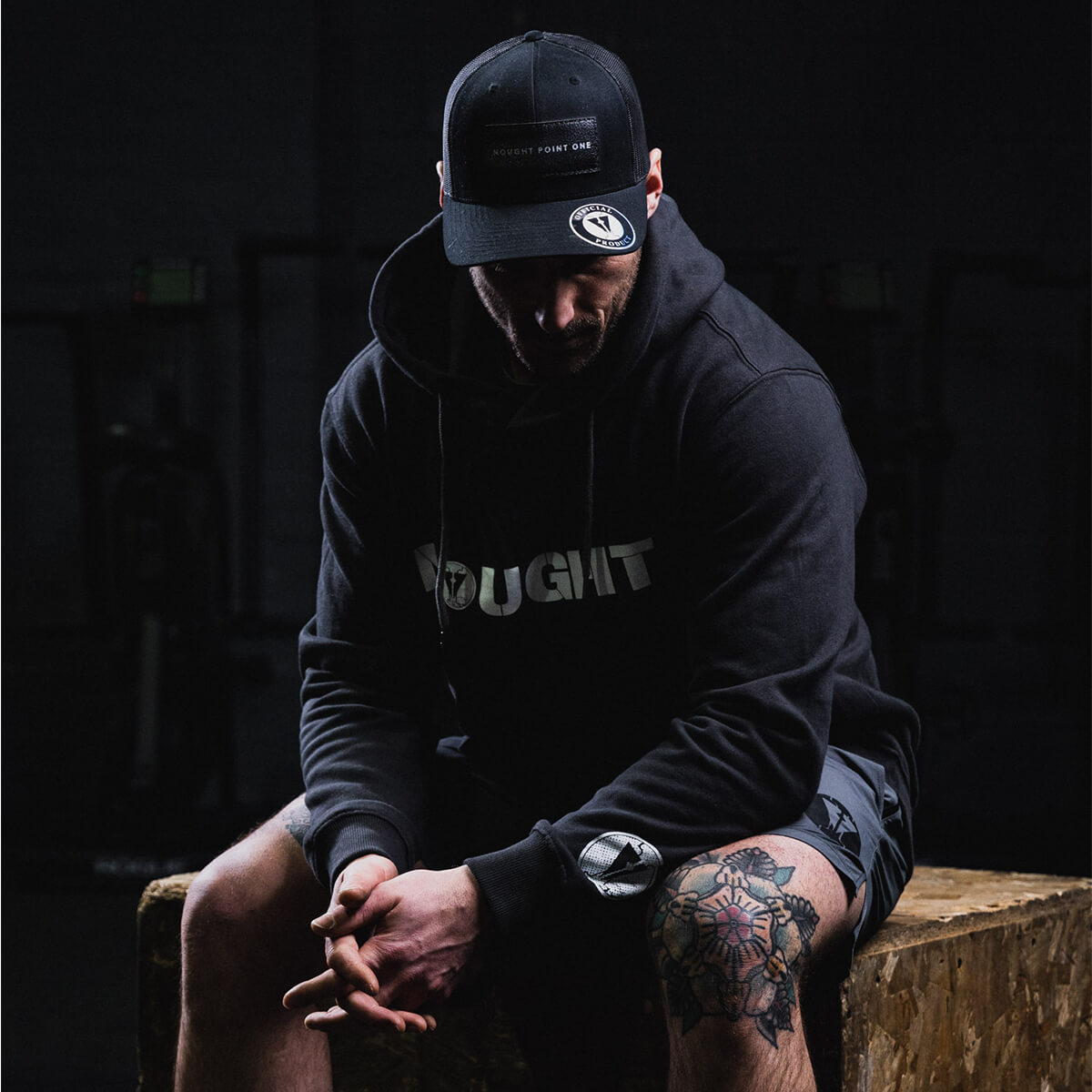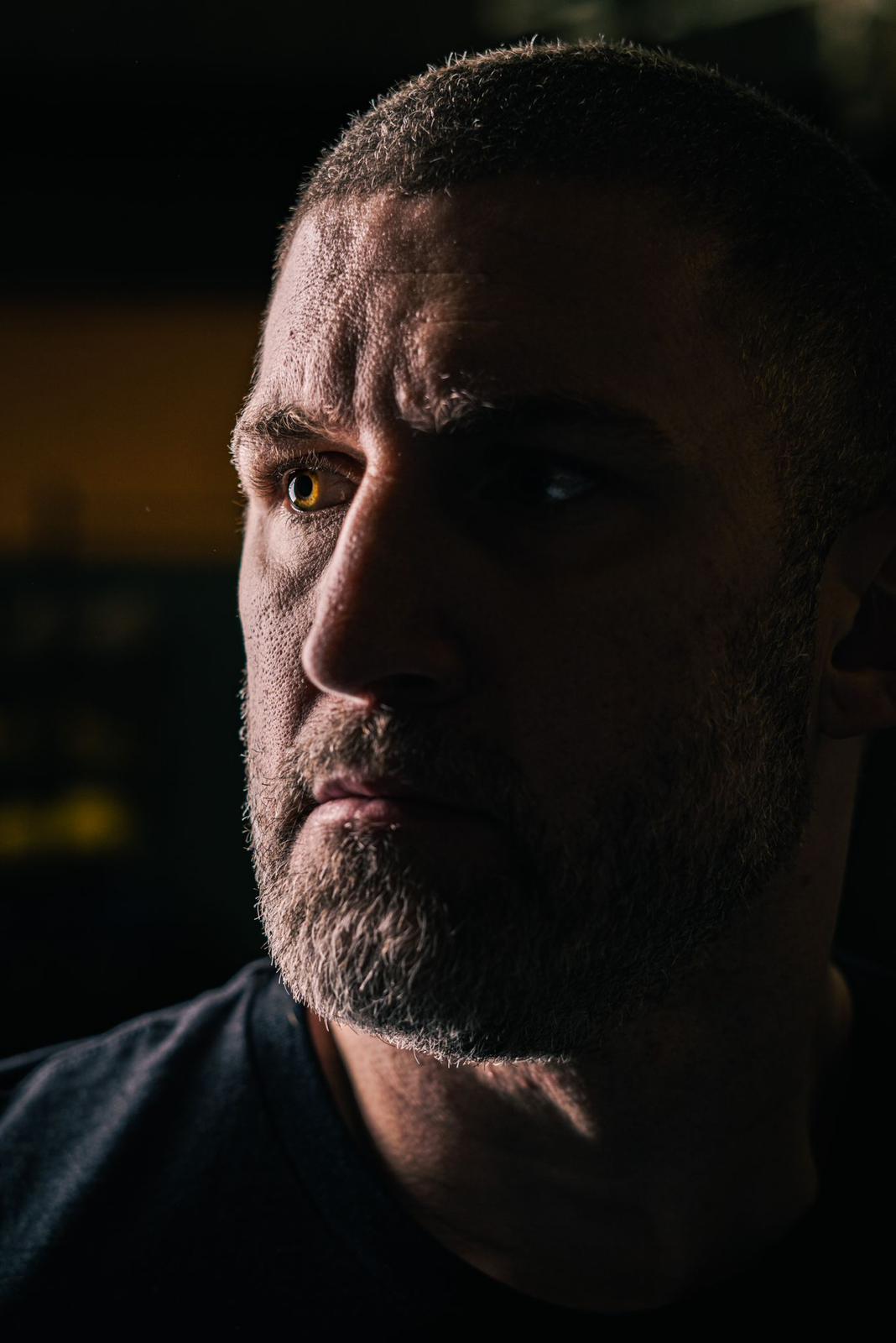The Fire Within
By
By Chris O’Connor
I recently wrote about The Boxer’s Child Paradox, where boxers value the resilience and toughness cultivated in their harsh upbringings but don’t want their children to go through what they did. There is another aspect of boxing, which applies to a subset of people generally, that I have also found fascinating and one I think we need to take seriously as a society.
In a recent interview with the boxer Conor Benn, he said that he ‘loves’ fighting, that he’s born with a ‘savage mindset’ and that he can’t take it away, even if he wanted to. He then asks, ‘Why can’t I be like that nice, normal guy? Why? I just can’t help it.’ It appears that the desire to fight comes from somewhere, almost unwanted, and it controls him, not the other way around. It is a fire burning within, and he has chosen boxing to channel it somewhere acceptable. What then happens to someone who has that same fire and desire for violence and sees no acceptable path in which to channel those feelings?
Interestingly, considering my last article on boxers and their children, Conor is the son of former boxer Nigel Benn and grew up in luxury overlooking the sea in Spain, reaping the rewards of his Dad’s boxing career. Yet he wanted to put himself into one of the toughest sports on earth. Make no mistake, to succeed in boxing, you have to grind incredibly hard, put yourself through gruelling training regimes, and learn to live with pain. It is a brutal, unforgiving sport fraught with danger.
It is far easier to understand people who see boxing as a way out of a harsh environment. If there appear to be very few opportunities to escape, and those which offer a lucrative path out are linked to crime and violence, then it is understandable why some choose boxing as a way out. But for someone to actively pursue such a tough existence requires more explanation. True, the potential glory will be a significant motivator, but there must be something else; the fire that burns within.

The Evolution of The Flame
On a recent Mantality podcast, we had a fascinating chat with Royal Marine Commando Gareth Timmins. Gareth was a highly promising rugby league player but turned down a professional contract after being unhappy with the terms offered. He then got into drinking and fighting on the weekends and, by his own admission, was setting himself up for a dangerous and wasteful life. However, an advert on television for the Royal Marine Commandos, with a famed applicant success rate of just 0.1%, grabbed his attention. He signed up, completed the infamously challenging training course and got his green beret.
Gareth, too, had that flame. It drove him to excel at rugby, to excel at fighting and to excel in the Royal Marines. And that very flame may be the reason we are all here today. It could be that this flame evolved in some of us to allow people to hunt, inspire through strength, and do what was necessary to protect the tribe. Violence is entwined with our history, whether we like it or not. Perhaps we are all here because of these people in our tribes protecting our ancestors. But the world has now changed, and though this used to be a strength for society, it is becoming increasingly obsolete.
The acceptable places where people can channel this flame are all fraught with danger. The more violent sports such as rugby, mixed martial arts and boxing carry a high risk of life-long injuries, including many we are now learning about to do with the brain. The army, like Gareth chose, is another option, yet that too carries great and potentially fatal risks. It seems as if the avenues open to people are all highly dangerous. It may be that other, less dangerous sports can provide enough of an outlet, but this probably depends on the individual.

From Judgement to Sympathy
I used to judge people with violent tendencies harshly. I could perhaps understand that they might have been damaged or had learnt bad behaviours, but I still felt that mostly they actively wanted to be violent. I now think that this might be unfair.
It may be that they had far less choice to act than I used to think. Much like the compulsive eater, drinker, or gambler, the desire to be violent might be too difficult to control for many. This fire should instead be viewed as a heavy burden, and I think we should have a more open conversation about how best society can teach people with these feelings to control and channel them better.
There is perhaps a link to be drawn here with testosterone, and many have tried to find it, with the jury still out. But if there is a link between testosterone and this fire, then perhaps it should be viewed more cautiously. Testosterone can have obvious health benefits, though maybe too much can be dangerous.
My position has shifted, and far from judging people, I now have a more empathetic feeling towards them. I do not envy anyone who has the fire to want to fight that Conor Benn speaks of. In a recent interview, another former boxer, Tony Bellew, stated, ‘I just feel like I could do some horrible things like I could explode at any moment’. This must be a hard place to live in, and I have the utmost respect for those that have managed it, used it as positively as they could, and created a better life for themselves and those around them.
A great example is Leon Edwards, the current UFC Welterweight Champion and only the second British fighter ever to win a UFC belt. When he was only 13, Leon’s father was murdered in a dispute over money, and Leon fell into crime quite quickly, seeing it as his only real option. However, after being enrolled in an MMA gym by his Mum, he turned his life around and is now a world champion. He uses his platform and experiences to campaign against knife crime and encourage people away from crime.
What Do We Do?
As mentioned, many of the outlets for people to channel aggression, rage and violence are linked with danger. But the reality is that it is far better to channel this feeling somewhere than have the flame take hold and consume you. Also, I think it is imperative that we teach children that it is OK to be who they are, and if that means they feel more prone to aggression, then that too is OK. It is what they do with that feeling that matters.
And studies show that violence and criminality seem to decline in people later in life. Maybe the testosterone mentioned above, which decreases as we age, is a reason for this. Gareth, the former Royal Marine Commando, is now an author, and if you met him, you would be surprised at how humble and gentle he comes across. Could this fire rage until a certain age before subsiding?
There’s always a danger that we judge the solutions best for society as if everyone was like us. But they aren’t. We’re all different in many ways. Recognising those differences and their challenges will unlock the door to creating more realistic solutions. If we can understand, empathise and help those who have that fire within to navigate this period the best, perhaps we can solve many of the issues around violence and, in turn, create a healthier and more compassionate society.
